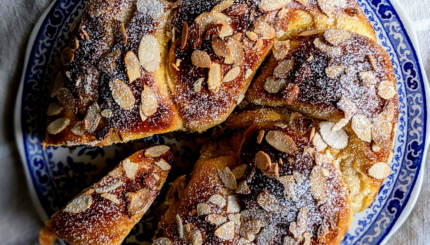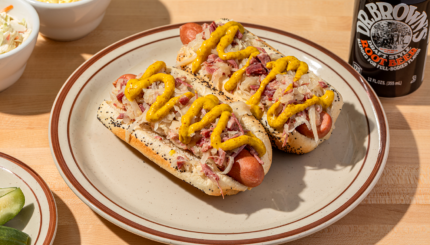“Moving cross-country in the middle of a global pandemic” is not something that I ever thought I would get to check off my bucket list. But this past summer, I did just that; and now, several months into my first year as an ISJL Education Fellow, I thought it would be a good time to reflect on how I managed to find my place in a new job and a new city.
I technically grew up in the South. I was born and raised in Arlington, Virginia, which is a southern state, but in my case, Arlington is 20 minutes from Maryland and 10 minutes to an hour outside of Washington D.C. (depending on rush hour traffic, of course!). This meant that I was much more a part of the D.C. and suburb culture than “southern” culture. Many of my friends’ parents worked for the government in some capacity. No one had southern accents. The pace felt closer to New York than the Deep South. All of this is to say that growing up in Northern Virginia, it was almost like we were a completely different state than other parts of Virginia, let alone the South.
So when I officially found out I was going to be living in Mississippi for two years, I was a little nervous. The pandemic didn’t help. How would I meet people? How would I adjust to life in the Deep South? I packed up my car and drove by myself from Arlington to Jackson, the city I now call home. I was apprehensive, but right away there was one tradition that I brought with me which helped me transition to my new normal: baking challah.
Challah. Is there a better bread? It can be savory or sweet. It’s meditative to make. It has cultural significance. And as someone who has made many a loaf before, I can unequivocally say that bringing a loaf of challah to a Shabbat gathering is a great way to make friends. So that’s what I did. And that is when I realized that baking challah had become a spiritual way for me to connect to both my personal Judaism, and also to get to know others.
I started taking requests for flavored challah from my co-workers, and sharing a loaf with one of them every week. Thus far I have made a parmesan and garlic loaf, a cheddar jalapeno loaf, a salted loaf, a chocolate tahini loaf, and a brown sugar cinnamon loaf, among others.
I’ve been able to get to know with new coworkers and friends better, just based on what kind of challah they requested. It’s led to some interesting discussions about food ethics, keeping kosher, and my deep dislike of bell peppers. Making challah was always a spiritual act for me. Feeling the texture of the dough as it comes together, kneading the dough until my arms burn, and each strand becomes meditative and allows me to think about what I want out of Shabbat and the upcoming week. But what I didn’t expect to take on as much meaning as it did was the act of giving a loaf away. It turned into an act of connection. Baking challah is one thing, but sharing it is another thing entirely.
There is nothing quite like breaking bread with others. I never understood why bread was so important to any meal in Judaism until I started making my own. Having warm bread on your Shabbat dinner table opens up a conversation just by being there. Food is, of course, a massive part of Jewish culture, no matter if you identify as Ashkenazi, Sephardic, Mizrahi, or any other form of Judaism, and for me personally, the moments I feel most connected to our tradition is when I am in the kitchen. When I bake challah, make latkes with my aunt, or work for two days to prep food for Passover, I am carrying the torch and doing what others have done for thousands of years. It’s a powerful feeling.
So the more I kept baking bread, the more it struck me that I was falling into a rhythm, I was connecting not only with my personal Judaism and the traditions of my family, but also extending to my day to day life and everyone around me. The idea of sharing food in Jewish culture is not so different to southern views of food. Take the idea of a potluck, for example. Everyone comes together to share food and connect over shared culinary traditions. This similarity in the ways that food becomes communal in both Jewish and southern tradition helped me in my move.
Sharing food is a form of connecting and reaching out to others. For me it sums up southern hospitality perfectly and it made the transition to Mississippi so much easier because it gave me a way to understand the new city that I had just moved to. Finding the similarities between Jewish culture and southern culture in food has become the lens through which I interact with my community and the way in which I find comfort in my new home. After all, everyone is that much more welcoming when you show up with a warm loaf of freshly baked challah.



